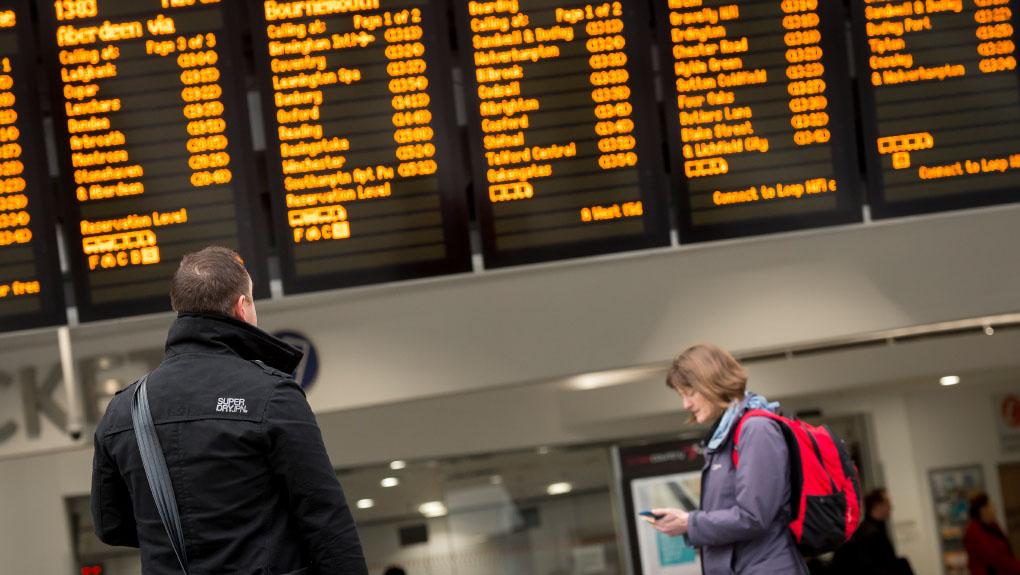
The number of trains arriving at station stops early or less than one minute after the scheduled time has gradually worsened throughout the year. In the latest quarter, only 62.3% of station stops were arrived at on time. This is 5.4% worse than the same period the year before (though still 2.9% higher than same quarter pre-pandemic, in 2019).
Pressure on the industry from industrial action continued this quarter, with 10 national strike days. There was some severe weather which also impacted performance.
A quarter of the days (23 days) were classified as ‘severely disrupted’. Of the 4.5% of cancelled trains, around half (51.6%) had responsibility attributed to train operators, 27.1% to infrastructure and network issues, while the remainder were due to external incidents such as severe weather or incidents such as a passenger falling ill on a train.
ORR cancellations statistics show that Avanti West Coast (10.5%), CrossCountry (10.3%), TransPennine Express (7.7%), GTR (6.5%), and LNER (5.6%) cancelled the most trains on the day (excluding ‘P-coded’ pre-cancellations, where applicable) and Chiltern, Greater Anglia and c2c the fewest.
Avanti West Coast, CrossCountry and TransPennine Express also recorded the lowest On Time scores of all franchised train operators.
ORR has been ensuring that the rail industry is working to address the root causes of poor train performance. It has requested and received regional performance improvement plans from Network Rail. These contain specific actions and milestones against which the regulator will assess progress.
ORR has also asked Network Rail to do further work to ensure there is a more resilient timetable that is deliverable every day. For longer-term sustainable improvement ORR has been working with the Network Performance Board, which brings together Network Rail and rail operators, to promote best practice across track and train.
Feras Alshaker, Director, Planning & Performance said:
Notes to editors
* It is important to note this data does not take into account ‘P-coded’ pre-cancellations. ORR started collecting this data from train operators in January 2023. These figures are available separately in a factsheet and data table on the data portal.
- Passenger rail performance October to December 2022 statistical release. Cancellations statistics only include trains taken out of the timetable on the day. Therefore the reduced timetables which are agreed in advance do not have an impact on cancellation figures.
- ORR letter to industry on use of pre-cancellations and press release.

